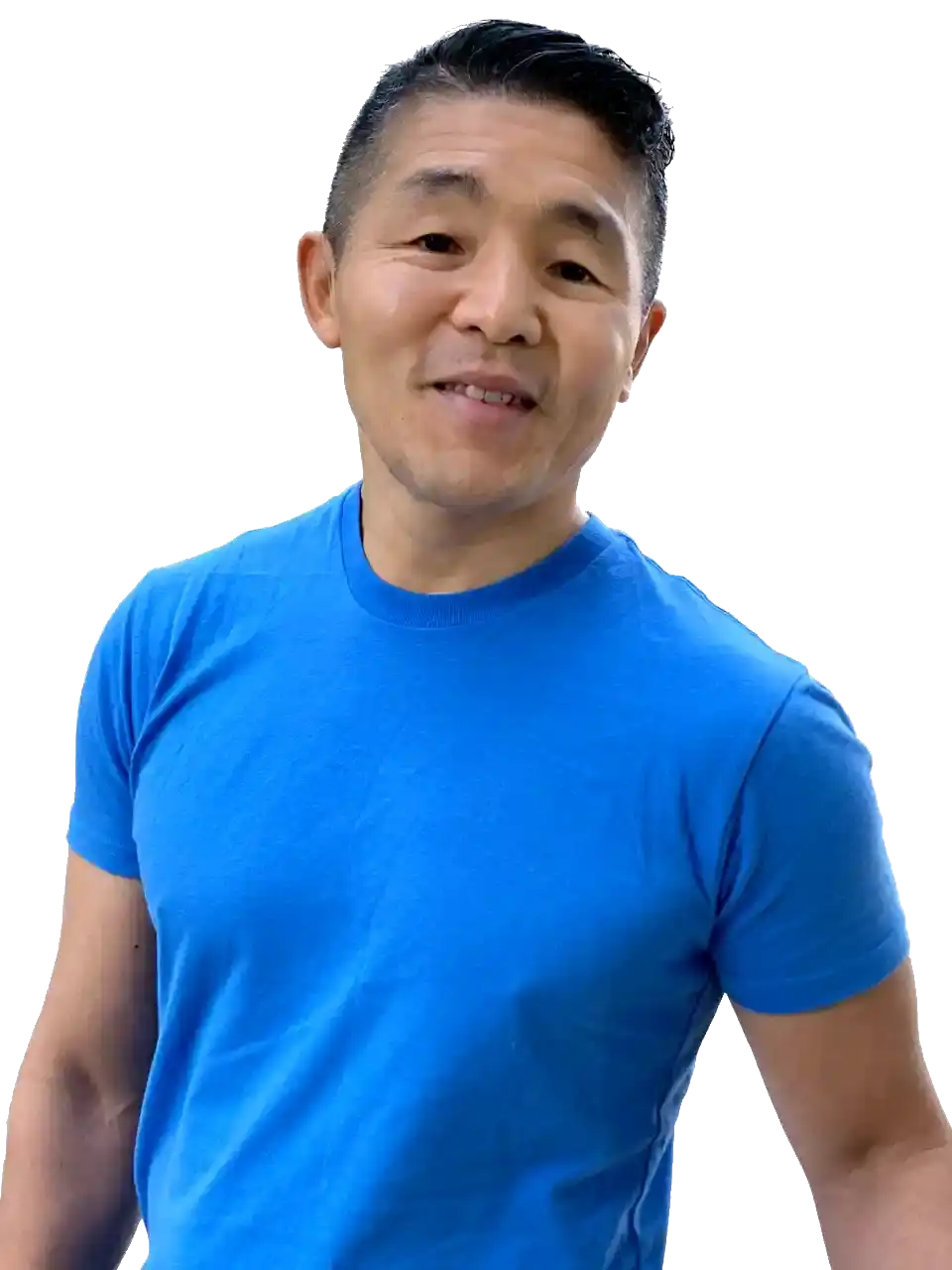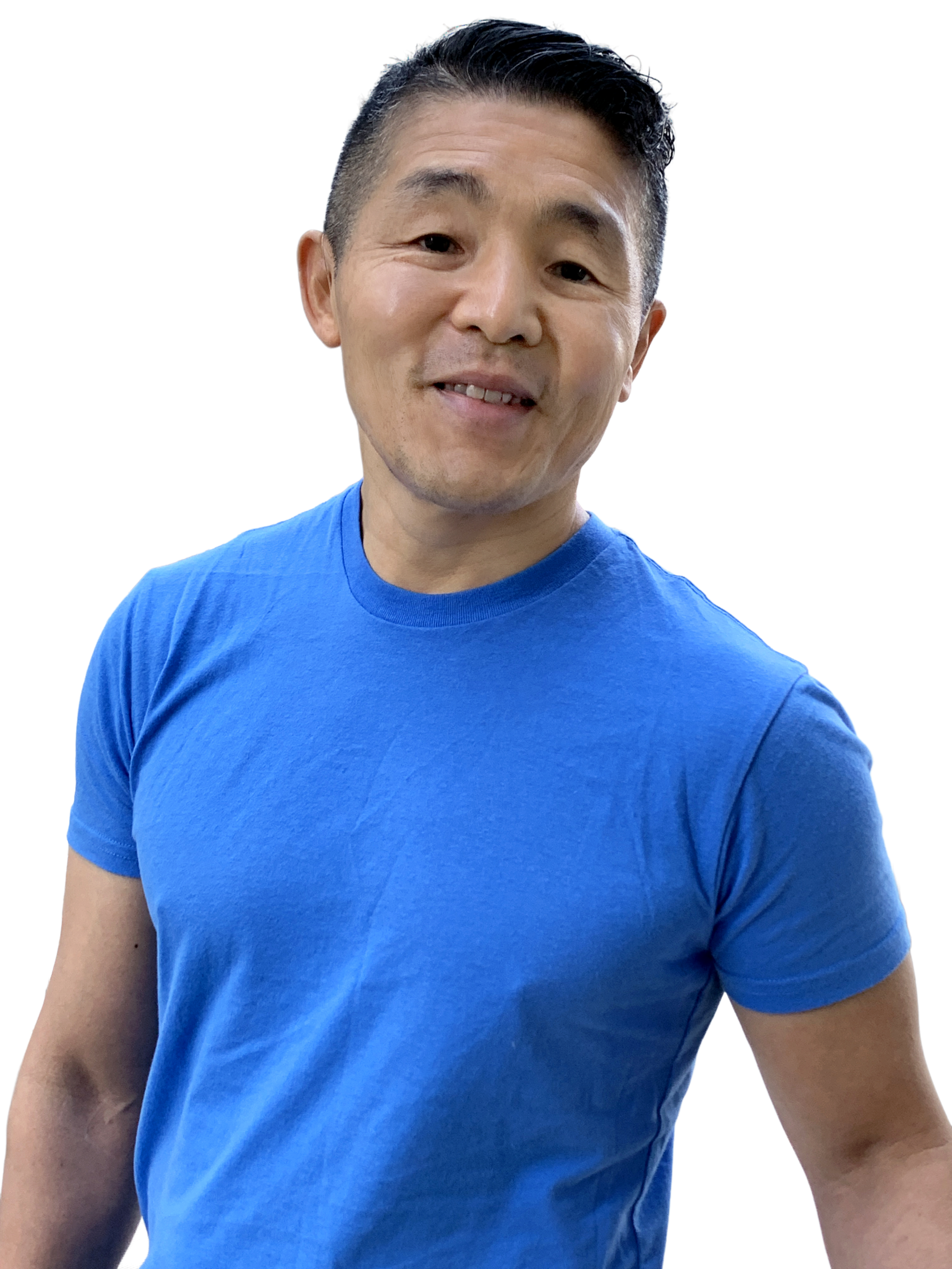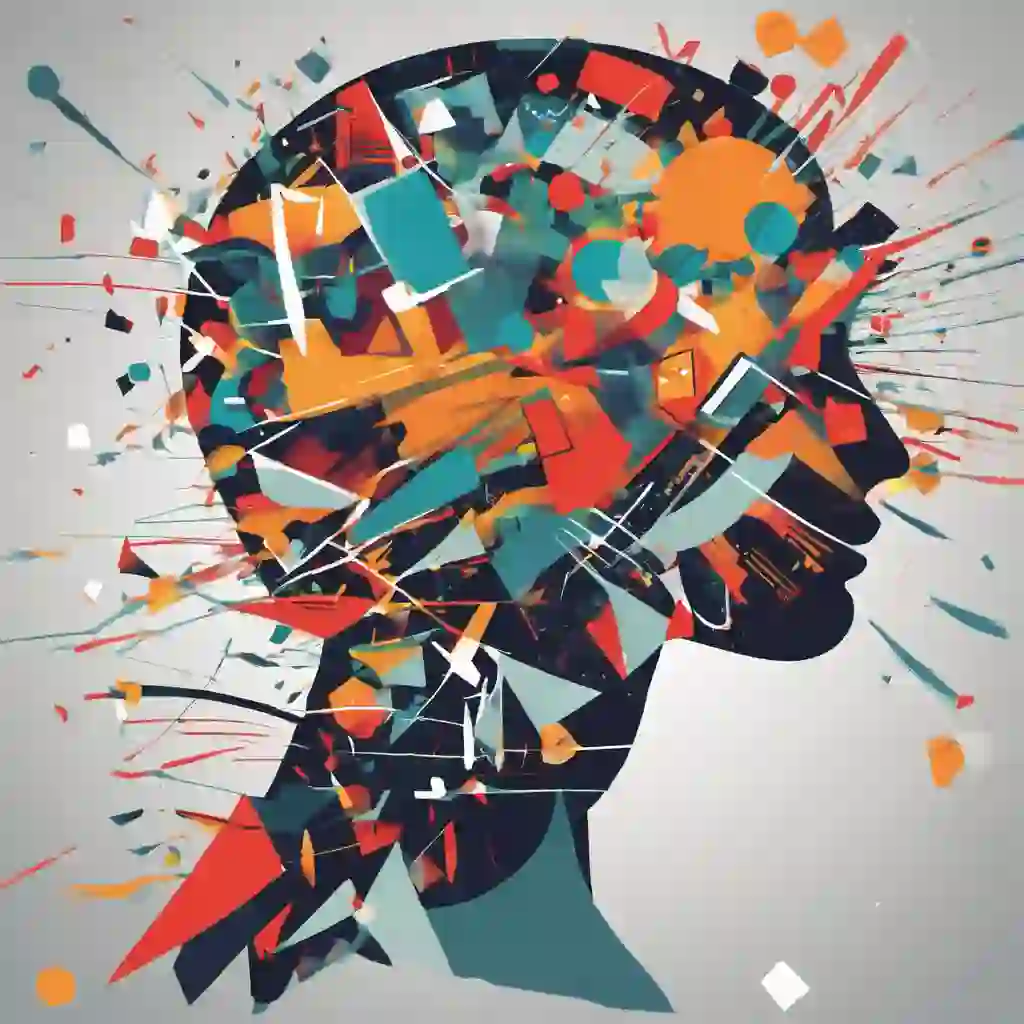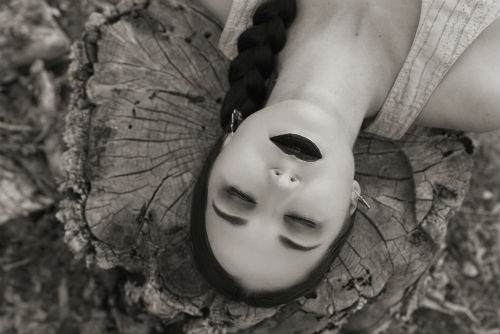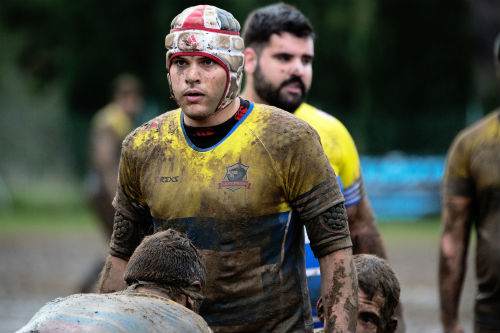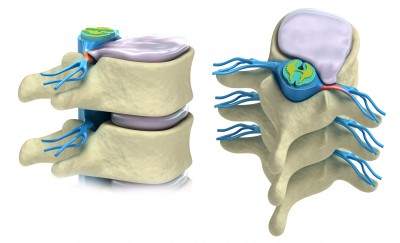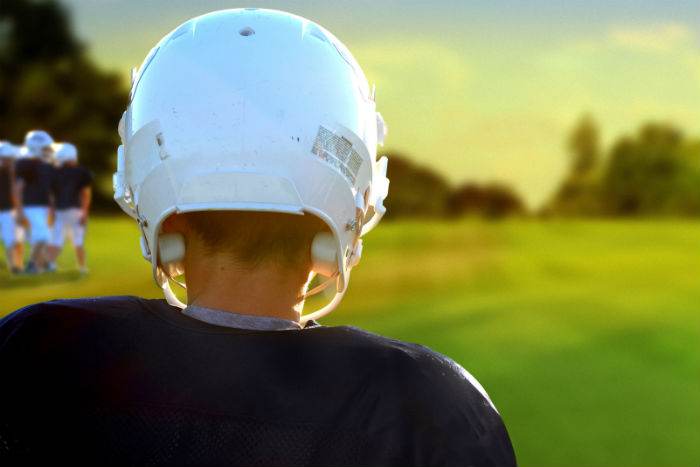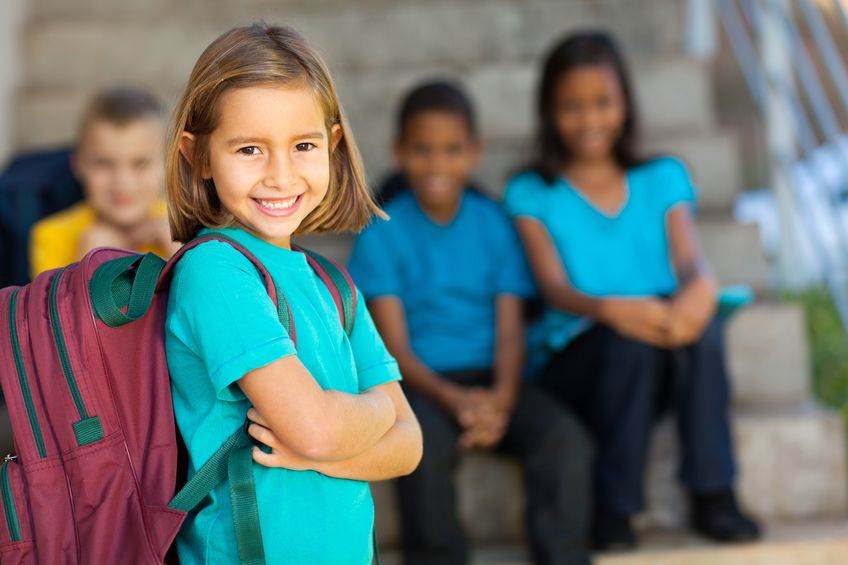Concussion Rehabilitation: How To Return To Sport
Concussion Rehabilitation
Understanding the intricacies of returning to sport after a concussion is crucial for a safe and effective recovery. Let’s delve into the various aspects, from the definition of a concussion and concussion rehabilitation to the step-by-step process of returning to sporting activities.
What Is A Concussion?
A concussion is the result of direct or indirect trauma to the brain, impacting various brain functions such as thinking, vision, balance, and consciousness. It can occur not only from head trauma but also from body blows or falls that don’t involve a direct impact on the head.
Best Concussion Treatment Options
What Is Concussion Rehabilitation?
Concussion rehabilitation is a structured program aimed at aiding individuals in their recovery from a concussion or mild traumatic brain injury (TBI). This process encompasses a multidisciplinary approach that addresses the physical, cognitive, emotional, and behavioural aspects of the injury.
Multidisciplinary Approach: mTBI Mild Traumatic Brain Injury Rehabilitation
In concussion rehabilitation, patients typically receive care from a team of healthcare professionals, including physicians, neurologists, physical therapists, occupational therapists, speech therapists, and psychologists. Each member of the team plays a crucial role in evaluating and treating the various symptoms and challenges associated with the concussion.
Traumatic Brain Injury TBI & Leaky Gut
Components of Concussion Rehabilitation: mTBI Rehabilitation
Cognitive rehabilitation techniques focus on improving memory, attention, and other cognitive functions that may be affected by the concussion. Physical rehabilitation involves exercises and therapies to address balance, coordination, strength, and flexibility. Vestibular and balance training are particularly important for managing symptoms such as dizziness and vertigo, while visual rehabilitation exercises target vision-related issues.
Psychological Support: Concussion Rehabilitation
Emotional and behavioural symptoms, such as anxiety, depression, irritability, and mood swings, are common after a concussion. Psychological support aims to help patients cope with these challenges through counselling, stress management techniques, and education about concussion-related mental health issues.
Gradual Return to Activities: Concussion Rehabilitation
A key aspect of concussion rehabilitation is guiding patients through a stepwise progression back to their daily activities, work, school, and sports. This process involves closely monitoring symptoms and adjusting rehabilitation plans accordingly. Return-to-play protocols for athletes, for example, prioritize safety and gradual reintroduction to physical activity to minimize the risk of re-injury.
Individualized Treatment Plans: mTBI Rehab
Every concussion is unique, and as such, rehabilitation programs must be tailored to each patient’s specific needs, symptoms, and recovery goals. Consequently, treatment plans are continuously adjusted based on progress, challenges, and ongoing evaluation by the healthcare team. Moreover, long-term management and follow-up care may also be necessary to ensure optimal recovery and symptom management.
In summary, concussion rehabilitation aims to promote healing, restore normal function, and support patients in safely returning to their pre-injury activities and quality of life.
Causes of Concussions
Concussions can result from face and neck trauma, but surprisingly, they can also occur without a direct hit to the head. Body blows or falls to the ground can lead to concussions, making it essential to recognize the diverse ways they can be triggered.
Symptoms of Concussions
Concussion symptoms vary and may include light sensitivity, short-term memory problems, brain fog, dizziness, headaches, neck pain, difficulty concentrating, and sensitivity to screens. Importantly, a loss of consciousness is not necessary for a concussion to occur.
Diagnosis of Concussions
Contrary to common belief, concussions are not typically diagnosed using imaging techniques like MRI or X-rays. Diagnosis relies on history and examination, as concussions primarily manifest as functional issues. Imaging may reveal additional complications, but the functional aspect is paramount.
Treatment of Concussion
The Berlin Consensus Statement emphasizes a gradual increase in activity after an initial 48 hours of rest. Treatment involves addressing the neck, along with balance and vision exercises. Persistent symptoms beyond 14 days in adults and 4 weeks in children require a multidisciplinary clinical approach.
Recovery Duration
Recovery duration varies, with more frequent and severe concussions prolonging the process. Individuals with no prior history of concussions may recover in a couple of weeks, while others may take longer.
Graduated Return to Sport (RTP) Process
Returning to sports after a concussion requires a systematic approach to prevent setbacks. The Graduated RTP Process involves specific steps, with each step taking 24 hours. If symptoms recur at any stage, regression to the previous step is crucial, ensuring a symptom-free period of 24 hours before progressing.
- No Activity/Rest (Up to 48 hours): Allow your brain the necessary rest.
- Symptom-Limited Activity: Engage in activities that don’t induce symptoms.
- Light Aerobic Exercise: Incorporate walking or stationary bike exercises.
- Sport-Specific Drills (No Head Contact): Gradually introduce sport-specific exercises.
- Non-Contact Training Drills: Progress to more complex drills and initiate progressive weights and resistance training.
- Full-Contact Practice (Following Medical Clearance): Return to full-contact practice after medical clearance.
- Return to Normal Gameplay: Resume normal sporting activities.
Adhering to this systematic approach minimizes the risk of setbacks and ensures a safe return to sports activities after a concussion. Always prioritize your health and consult healthcare professionals for personalized guidance.
Research Reference
- The British Journal of Sports Medicine 2017; 51: 838-847.
Picture Reference
- Feature Photo by Tamara Bellis on Unsplash
- Photo by Milad Fakurian on Unsplash
